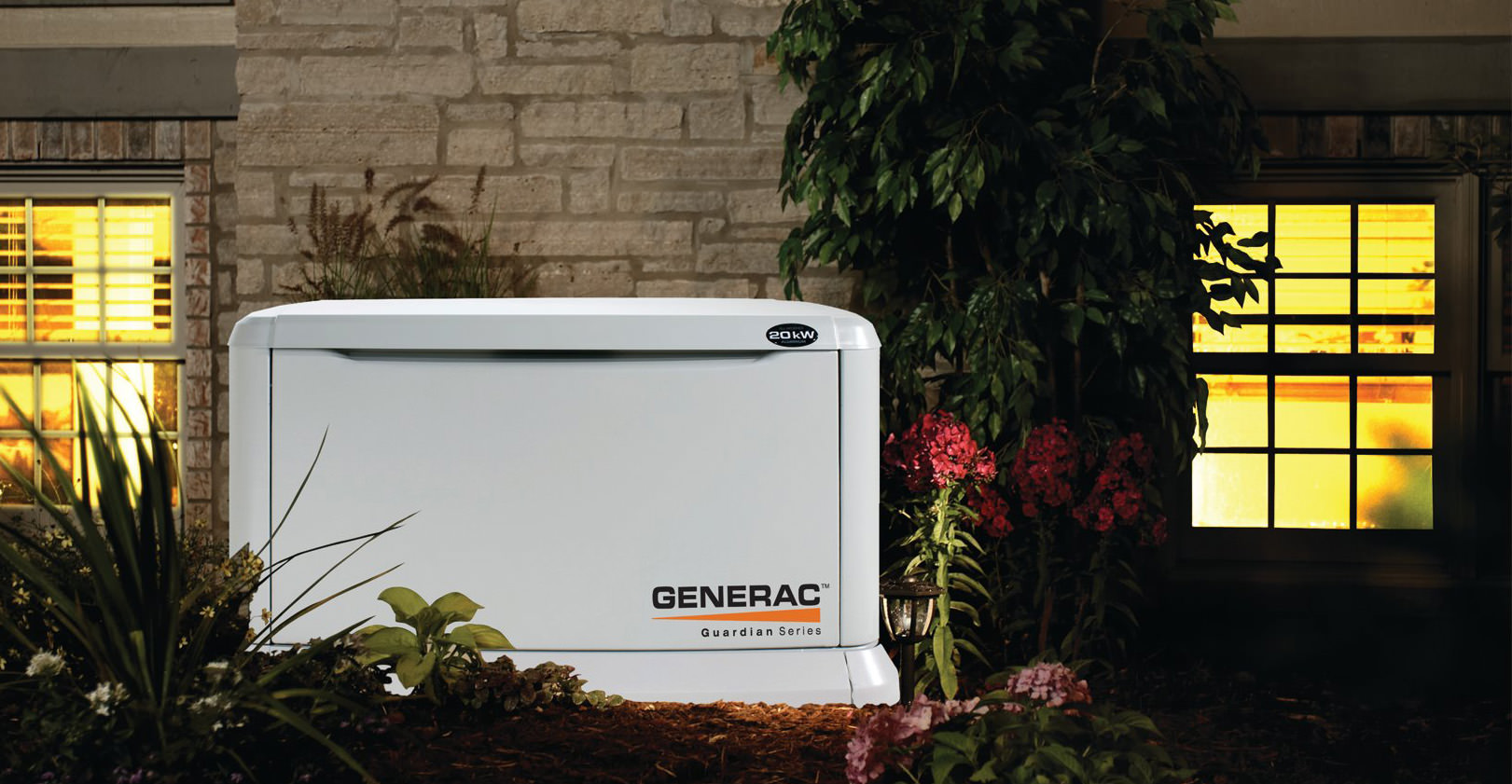Two months of the year have already flown by, and if you haven’t checked on the status of your generator or purchased one for your home, now is the perfect time to do so. The winter months in Florida provide a respite from the storms, wind, and hurricanes that can make the installation and preparation of generators much harder. Instead of waiting for your power to go out before considering a personal generator at your house, prepare early and ensure you are protected long before disaster strikes. Even if you have a generator, you should be vigilant about its upkeep and condition. Don’t get caught in the last-minute rush for gas and supplies as you try to get your generator running before a hurricane. Follow these tips for proper generator maintenance, and be ready to go when needed.

Don’t Forget About Generator Maintenance
Generators are a preventative measure for you and your family. Even during the rain and storm season, there is a possibility that your generator might go unused if the weather is not substantial enough to cause damage or power outages. However, a generator will not work efficiently if you leave it unattended in the corner of a garage for a year or more. Just like a vehicle, generators benefit from occasional ‘dry runs’ to charge the battery, prevent gunk from oil or gas from settling in the components, and allow you to check on its condition and status.
Doing test runs of your generator also helps you stay acquainted with the machine, ensuring you do not draw a blank on how to operate it when the time comes to use it for real. Always do these test runs in a safe location; fumes from the machine can be dangerous in an enclosed area.
What To Look For
If you are diligent in your generator maintenance and taking it out for tests, great! But what exactly should you be looking for regarding your inspection?
Oil and Gas: Oil and gas are the lifeblood of any engine that generates power or electricity. When running the generator, you should always maintain levels above the minimum recommended amount. This lessens the probability you forget to top up the levels and run your generator without sufficient oil or fuel. Both oil and fuel should also be replaced if they have been sitting in an unused machine for an extended period of time. Oil that sits in a generator may lose its usefulness over time, and stale fuel can clog your generator. Either drain these out between uses or do a total replacement anytime you take the generator out of storage.
Electrical Components: Your generator provides electricity when you need it most, so you should ensure everything involved in that process works ahead of time. The generator’s battery, which powers things like spark plugs, is one of a generator’s most common failure points. If your battery is not charged (usually due to a failure to ‘dry run’ the machine), you may need to replace it. Depending on your model, you might see an indicator that will tell you the charge left on the battery. Different models of generators also vary in how easy it is for homeowners to replace the battery themselves.
If you have not considered generator maintenance for the new year, now is the time to call Promise Electric of Sarasota. Our experts can help ensure your machine is working properly before the storm season gets into full swing. We service and install generators throughout the South Florida area.
Important Note: Due to several years of severe storms, the demand for generators has outpaced the supply. It may be difficult to source a generator. If you are interested in finding a unit, call Promise Electric for status.


